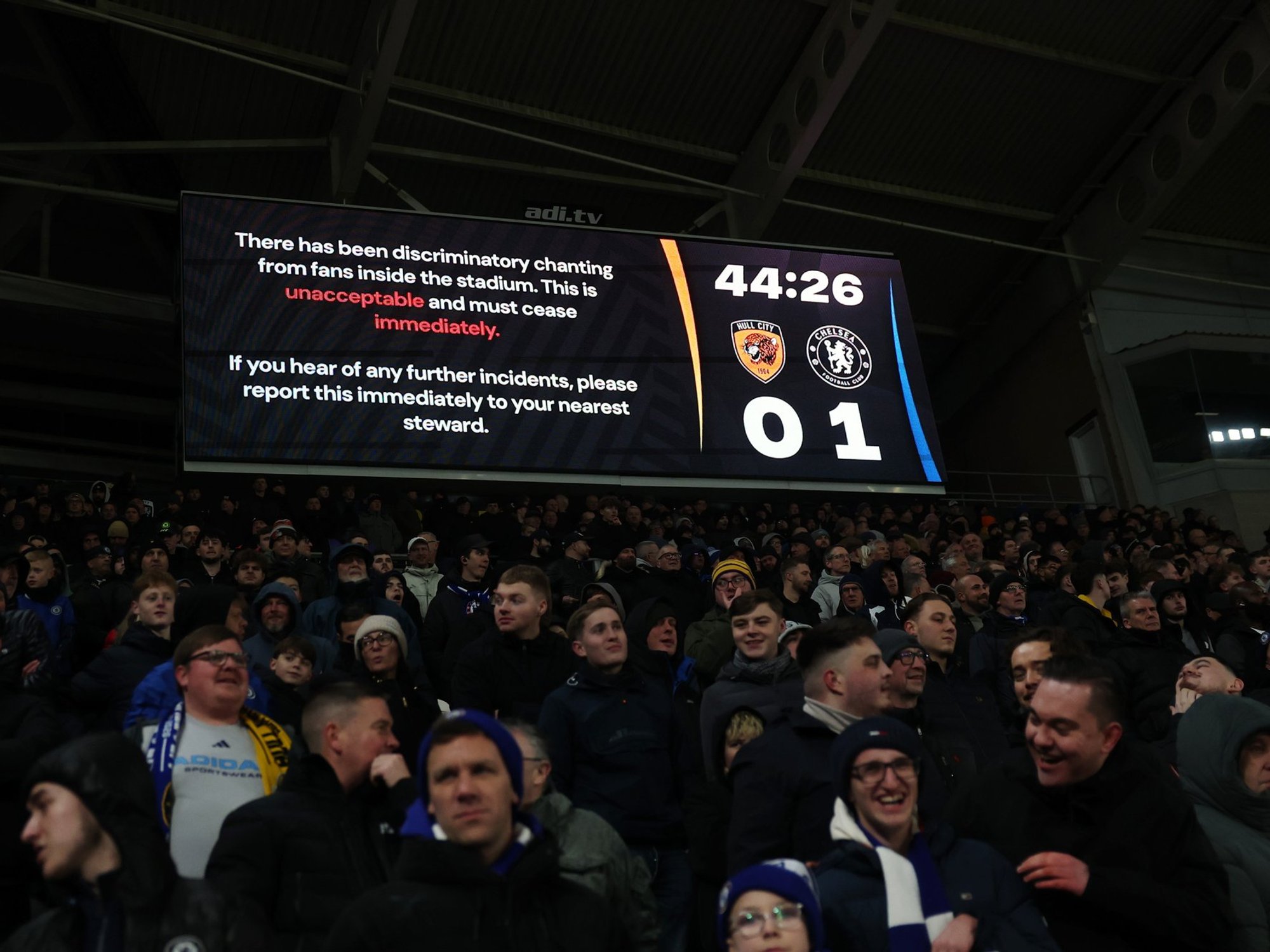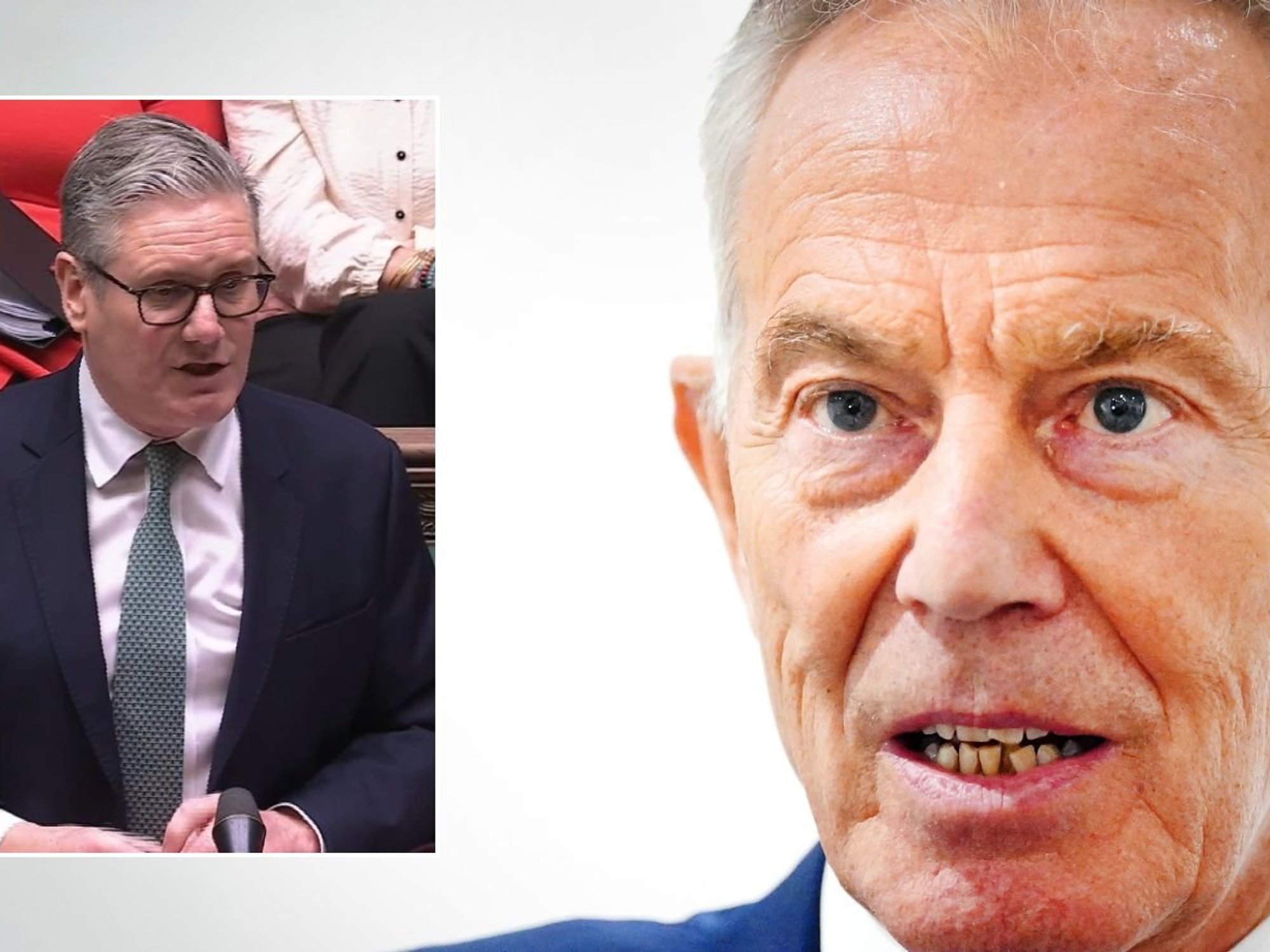House prices suffer biggest drop in over a decade as buyers brace for Budget tax changes
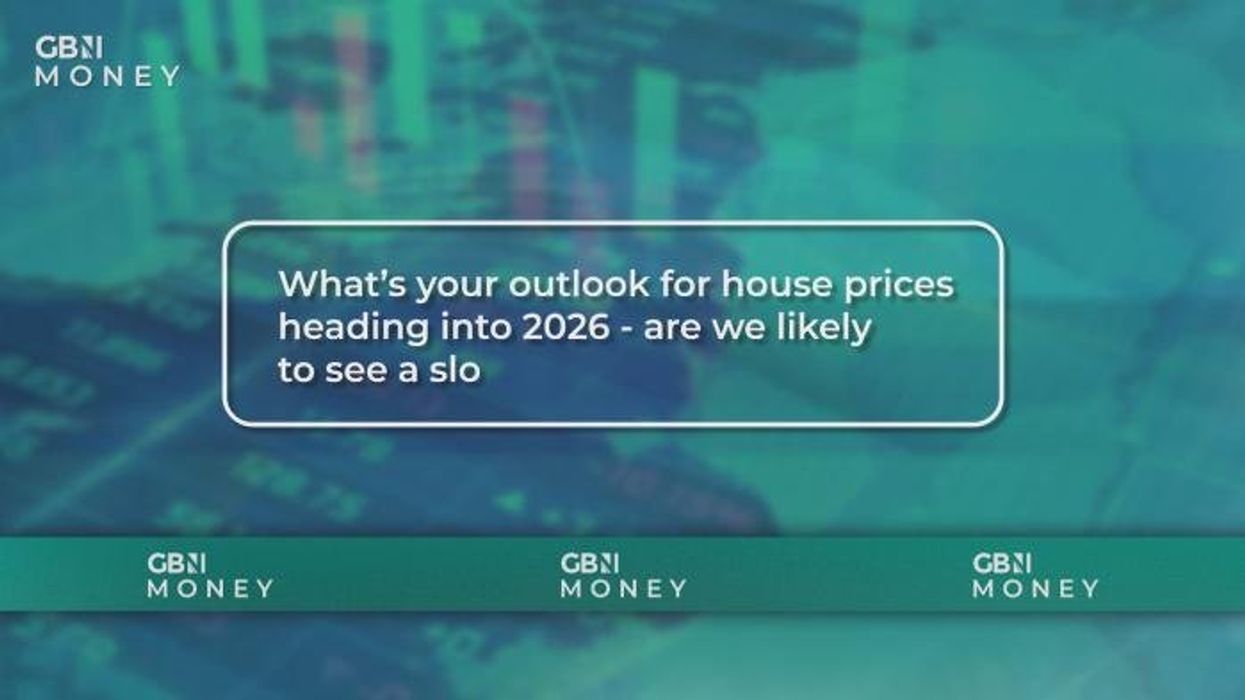
What will happen to house prices going into 2026? |
GBNEWS

Rachel Reeves is now viewed as more likely to increase property taxes after reversing her position on income tax
Don't Miss
Most Read
Latest
Sellers across Britain have cut asking prices sharply, with the average home now listed 1.8 per cent lower at £364,833, according to Rightmove.
The £6,589 drop marks the biggest November fall in more than a decade.
Rightmove says many buyers are holding off ahead of the November 26 Budget, creating extra pressure on prices.
The usual November drop over the past ten years has averaged 1.1 per cent, so this year's fall is much steeper.
Estate agents say the pre-Christmas slowdown has started earlier than normal, and more sellers are cutting prices to get deals done before the end of the year.
TRENDING
Stories
Videos
Your Say
More than a third of homes on the market have now had their asking prices cut, with 34 per cent of listed properties reduced at least once.
The average discount is around seven per cent of the original price.
The figures are the highest seen since February 2024 and point to growing pressure on sellers.
The top end of the market is being hit hardest, with agreed sales for homes priced above £2million down 13 per cent compared with a year ago.
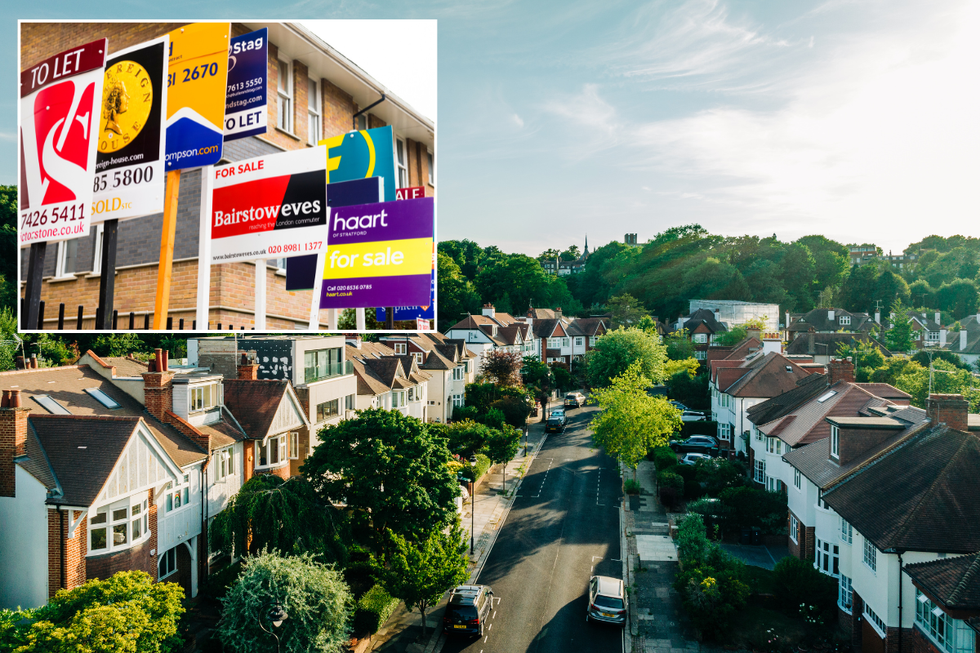
Rightmove says many buyers are holding off ahead of the November 26 Budget, creating extra pressure on prices
| GETTYHigh-value homes between £500,000 and £2million have also suffered disproportionately, recording an eight per cent annual decrease in sales agreements.
This compares unfavourably to the typical 5 per cent decline usually observed during this period.
Speculation about potential property levies has created widespread market uncertainty, with rumours of mansion taxes, council tax reforms and capital gains tax changes on primary residences circulating throughout autumn.
LATEST DEVELOPMENTS
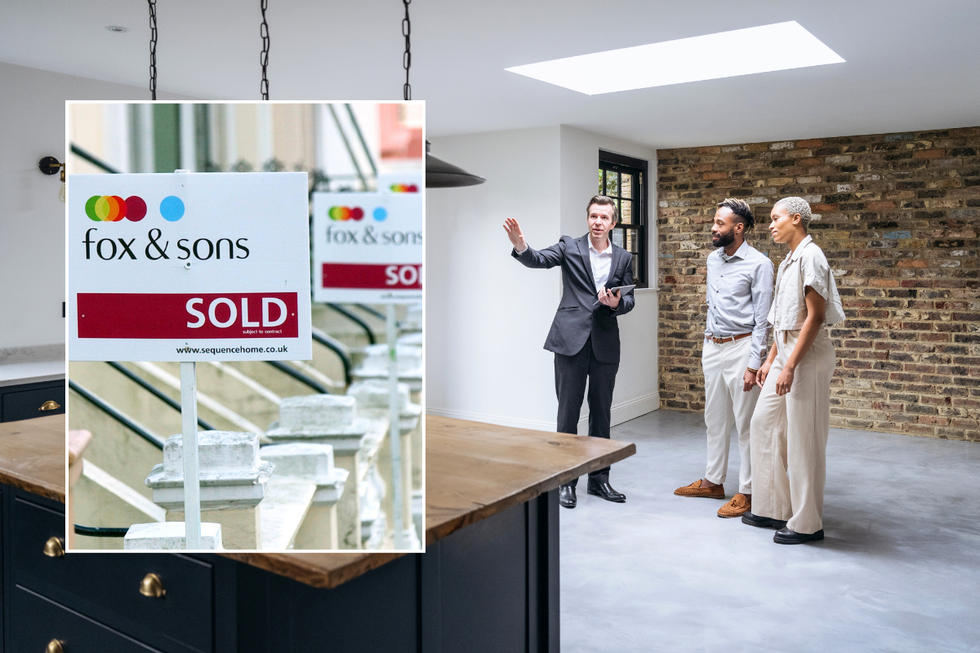
The premium property sector has witnessed a nine per cent reduction in new listings compared to last year
| GETTY/PAThese concerns have particularly affected properties in the £500,000 to £2million bracket, where buyers fear possible stamp duty reforms and tax implications.
The premium property sector has witnessed a nine per cent reduction in new listings compared to last year, suggesting vendors are also adopting a cautious approach.
Properties priced below £500,000, representing approximately three-quarters of the market, have demonstrated greater resilience with only a four per cent year-on-year decline in agreed sales.
Property professionals describe some areas as "ghost towns" in recent weeks, with prospective purchasers adopting a wait-and-see strategy until the Chancellor's announcements provide clarity on their financial positions.
Colleen Babcock, property expert at Rightmove, observed that vendors are "keen to avoid standing out" through overpricing and must "work especially hard to entice buyers with competitive pricing".
She noted that the Budget's later-than-usual timing has created a significant distraction for potential purchasers.
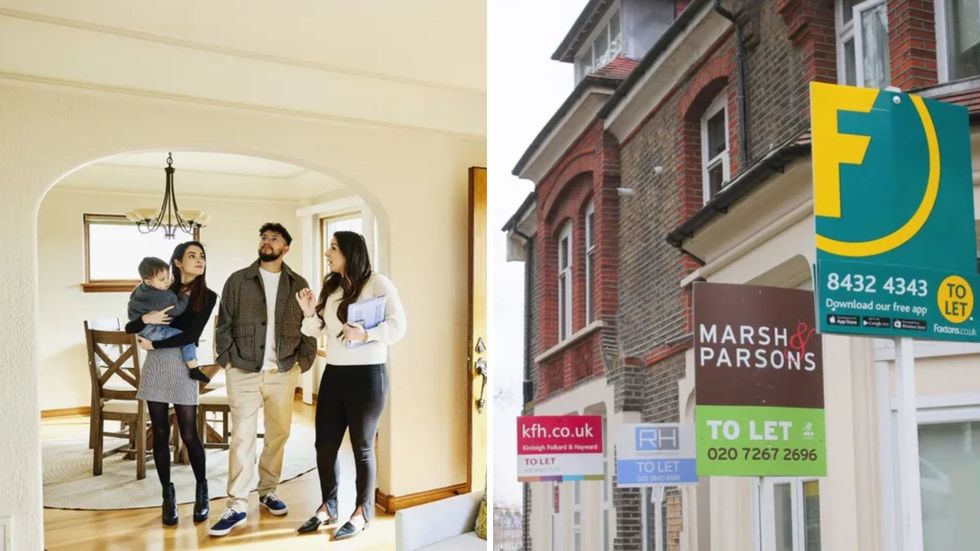
Market observers anticipate further reductions if the Bank of England implements a rate cut at its 18 December meeting
| GETTYCurrent mortgage conditions show improvement, with two-year fixed rates averaging 4.91 per cent, down from 5.48 per cent twelve months ago.
Market observers anticipate further reductions if the Bank of England implements a rate cut at its December 18 meeting.
Ms Babcock suggested that mortgage rate decreases combined with a December base rate reduction could help the market "start 2026 on a positive note", potentially ending what she described as the "gloomy atmosphere of recent weeks" once Budget uncertainty lifts.
More From GB News






